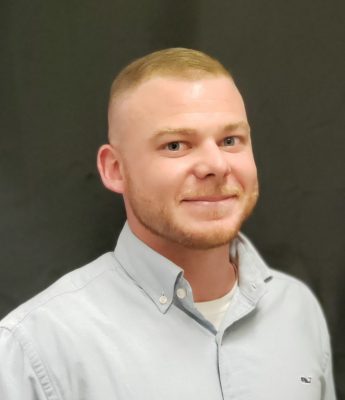Info and Recommendations to Help Youngsters Who Specialize in a Sport
By Dr. Tyler Fallon

Some time ago participation in sports was driven by comradery, enjoyment and a need to pass time while staying active and out of trouble.
Athletics have evolved massively, both physically and mentally, with strength programs and practices for athletes being highly structured, focused and intense. This shift has led to bigger, stronger, more skilled athletes as competition to participate at the highest levels has intensified.
People have long studied the idea of what makes a better athlete, and while physical stature, attributes and genetics play a large role, time on task is potentially an even greater factor. Simply put, the more hours spent on a specific sport, the more likely that child or athlete is to become elite.
People who define sport specialization agree that these athletes start at a younger age, dedicate full athletic commitment to a sport and increase their level of participation. Some athletes perform multiple sports at a high level year-round and are not included in this group.
Sport specialization gradually increases each year as adolescents age, and its definition differs from sport to sport. For example, tennis, figure skating and ballet dancers have higher rates of sport specialization than soccer or lacrosse and begin at younger ages.
These two bigger questions remain: Is it worth it to specialize in a sport? What is the price to pay?
Generally, the more an athlete practices and hours spent performing a certain skill, the better he or she will be at the skill, and this applies to both team and individual sports. Diversifying an athlete’s sports, especially at a young age, could potentially provide the athlete with valuable physical and cognitive attributes.
While not proven, exposing an athlete to many sports early in adolescence, followed by specializing at about 15 or 16 years old, may lead to better social attributes within the athlete, more enjoyment, less risk of burnout, higher skill or performance level and potentially fewer injuries.
Burnout and psychological stress caused by high demand of performance and success contribute to children dropping out of sports. Years and usually thousands of dollars spent on transportation, team fees, equipment and training can all be wasted if the child has had enough. When a child specializes before adolescence, and with an inadequate off season or rest time, the risk for burnout is likely higher.
Risk of injury always exists for all athletes. Unfortunately, with sport specialization, higher injury rates are often found. There are many reasons for this. Some risk factors that may lead to repetitive use injuries include higher competition level, higher demand of intense practice time, reduced off-season time or insufficient rest.
A way to combat this is to develop a strength and conditioning program in the off season and a maintenance program during the season. The program utilizes research to predict common repetitive use injuries and looks biomechanically at the athlete in order to stabilize areas and add mobility to others.
There is no special formula to ensure a child’s success in a sport. A strength and conditioning program, however, can help athletes in many ways, including improving performance and reducing the risk for injury.
A physical therapist, with a background in strength and conditioning, can combine the knowledge of common repetitive use injuries and pathology in order to create a preventative program that will promote the athlete’s success.
So, if specializing in a sport is in the cards for your athlete, be sure to have them take good care of their bodies both physically and mentally.
Dr. Tyler Fallon is a physical therapist at ProClinix Sports Physical Therapy & Chiropractic in Pleasantville. For more information about this article or about ProClinix, Fallon can be reached at 914-202-0700 or at tfallon@proclinix.com. You may also visit www.ProClinix.com.

Examiner Media – Keeping you informed with professionally-reported local news, features, and sports coverage.
